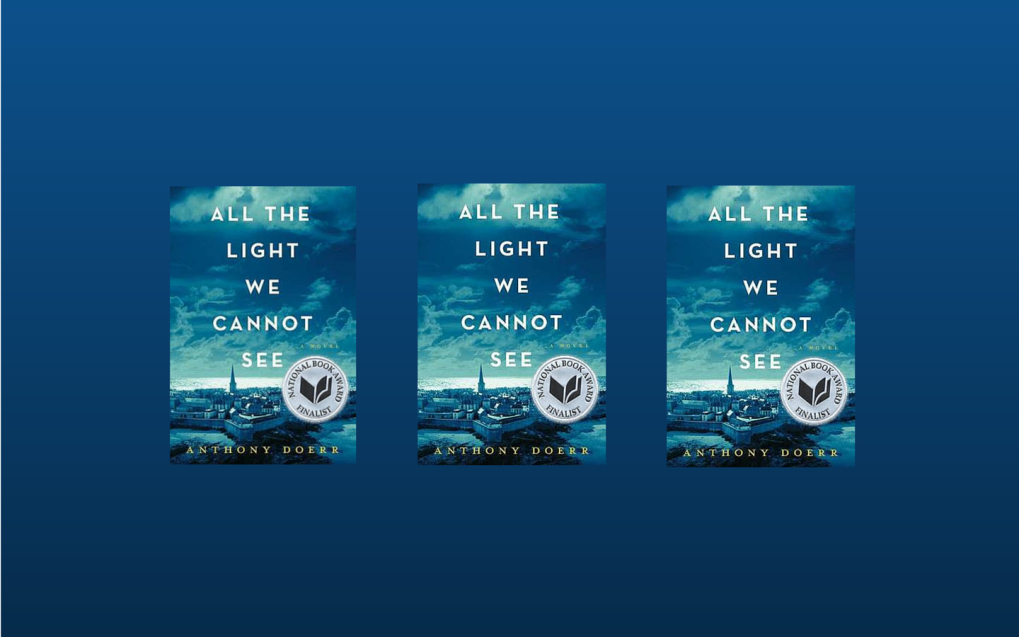 All the Light We Cannot See by Anthony Doerr
All the Light We Cannot See by Anthony Doerr
My rating: 4 of 5 stars
A beautiful, suspenseful, and at times, heart-hurting book. I did not want to stop reading it and I didn’t want it to end. It is completely understandable why it took Anthony Doerr ten years to write it. Each word is so carefully placed on the page; it’s as if he pondered each chapter, each sentence, each word, with his entire soul.
At the heart of the book are two children: Werner, a German boy from a coal-mining town at the dawn of World War II and Marie-Laure, a little girl who is blind, whose beloved father works at the French National Museum of Natural History (Muséum national d’Histoire naturelle). Although, seemingly impossibly, Doerr beautifully intersects these two young lives and shows each to be heroes in their own right.
He (in an unusual writing style) goes back and forth, back and forth between the two children, ever-deepening our emotional ties to both. It is probably for this reason – because I became so invested in their existence – that I was mildly disappointed with aspects of the ending. However, any ending of this book, I think, would not only be unwelcome but would have to be a bit anticlimactic after the suspense wreaked upon us throughout the body of the work. Yet, in my unfairness, it is for this reason and this reason only that I give the book 4 instead of 5 stars.
Still, it was a wonderful and masterful – albeit heartwrenching – read.
Quotes that exemplify in my mind Doerr’s exceptional writing ability:
For portions of every day, [Marie-Laure] manages to lose herself in realms of memory: the faint impressions of the visual world before she was six , when Paris was like a vast kitchen, pyramids of cabbages and carrots everywhere; bakers’ stalls overflowing with pastries; fish stacked like cordwood in the fishmongers’ booths, the runnels awash in silver scales, alabaster gulls swooping down to carry off entrails. Every corner she turned billowed with color: the green of leeks, the deep purple glaze of eggplants.
Neumann One, who, if he were not scheduled to die ten weeks from now in the Allied invasion of Normandy, might have become a barber later in life, who would have smelled of talc and whiskey and put his index finger into men’s ears to position their heads, whose pants and shirts always would have been covered with clipped hairs, who, in his shop, would have taped postcards of the Alps around the circumference of a big cheap wavery mirror, who would have been faithful to his stout wife for the rest of his life – Neumann One says, “Time for haircuts.”
The first quote makes me sigh and wish for Paris while also remembering the devastating whisking away of not only the colors of Paris, but the actual food that provided much of that color when the Germans invaded.
The second quote, one very long perfect sentence, hits me hard as I think of the life that could have been had it not been snuffed out. How intricately and effectively Doerr shows the impossible future.
Read this book.

